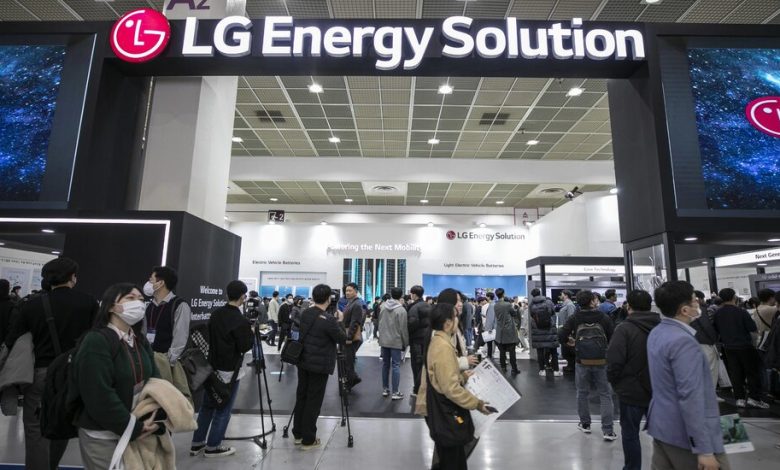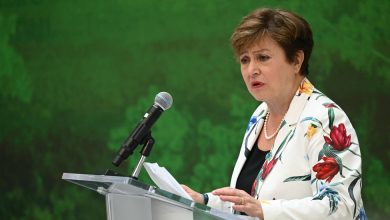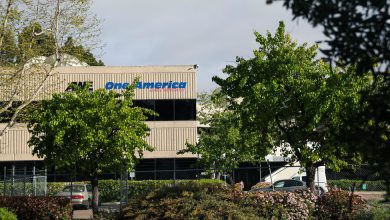LG Will Spend $5.5 Billion on a Battery Factory in Arizona

A South Korean battery manufacturer said it would quadruple its planned investment in a new factory in Arizona to meet growing demand from automakers who are trying to ramp up production of electric cars and trucks.
The company, LG Energy Solution, said it would invest $5.5 billion to build the manufacturing complex near Phoenix, where it plans to make batteries for electric vehicles in 2025 and for energy storage systems the following year.
LG said its decision was driven in part by the Inflation Reduction Act, which became law in August and included federal incentives for the sale and production of electric vehicles and batteries in the United States. One of the world’s largest makers of batteries for electric cars and energy storage devices, LG’s customers include General Motors, Ford Motor, Honda and Tesla.
“We believe it’s the right move at the right time in order to empower clean energy transition in the U.S.,” Youngsoo Kwon, the company’s chief executive, said in a statement.
The announcement represents the latest multibillion dollar investment by battery and auto companies since President Biden signed the Inflation Reduction Act.
Last month, Ford said it would build a $3.5 billion battery factory in Michigan, where it would use technology and services provided by the world’s largest battery manufacturer, the Chinese company Contemporary Amperex Technology Company Limited, known as CATL. Ford is also building battery plants in Kentucky and Tennessee with another Korean company, SK On.
In December, the Department of Energy said it would loan $2.5 billion to Ultium Cells, a joint venture owned by General Motors and LG, to build battery factories in Ohio, Tennessee and Michigan. Honda and LG are also investing $3.5 billion to build a battery plant in Ohio together.
A wave of new factories is expected to increase battery manufacturing capacity in North America tenfold from 2021 to 2030, according to a recent report from the Argonne National Laboratory.
Building batteries within the United States could help lower electric vehicle prices by cutting transportation costs while reducing dependence on China, which dominates the battery supply chain. In addition, the Biden administration is trying to encourage domestic mining and processing of battery raw materials like lithium, as well as speed up construction of electric vehicle chargers along highways.




